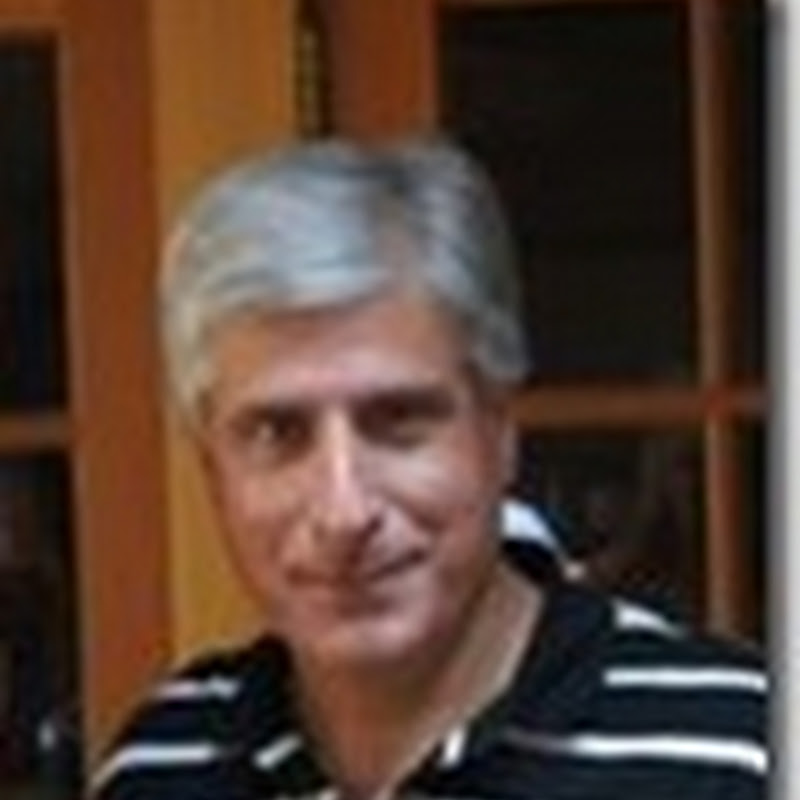
I had the opportunity to visit with Marilyn Harris Collins about her career as an author of non fiction books. She's the author of several books for Acadia Press. Her most recent work, Write History Right details how to capture stories from your family, town, church or civic group and organize them into book format.
MP: When writing non fiction do you outline before you begin?
MHC: I use a timeline covering the scope of my book as my "outline." Obviously, I start with the first event and end with the last, including backstory. I continually add to the timeline as I research the book. There is added value to a timeline other than keeping the story on track. Natural chapter breaks will appear. From this you can readily tell if you have too much information on one topic, not enough on another. This is a good time to assign an estimated word count per chapter -- thus the entire book. An overall project schedule will begin to take shape judging on how many words you can write a day plus adding time for research, site visits, interviews and so forth.
MP: What is a normal workday for you when you have a book in progress?
MHC: After I walk the dog, help my husband pick out a tie, I take a quick coffee run. When I set the coffee on my desk and turn on the computer, my day begins. I work until mid to late afternoon. Sometimes I could back and work late into the night - if I'm on deadline or the writing is going really well.
MP: About how long does it take to finish a first draft?
MHC: After several trial starts and stops, once I get started it takes me about three months for a first draft, another three months to get a workable final draft. This does not account for the prelude to writing - research, interviews, collecting visuals, and some tearing out of my hair!
MP: How many revisions do you normally do?
MHC:There are probably 100 ways to say the same thing. I keep making minor tweaks to the last minute trying for that one last, best way to bring the reader into the story. I find rewriting valuable beyond grammar checks and choice of words -- the story and my purpose for telling it becomes more clear. I learn more about myself as well as the subject as I go along. The book means more to me at the end than at the beginning.
MP: What is the most difficult thing about writing non fiction?
MHC: I suppose the most difficult part about writing nonfiction isn't finding the truth to tell - but in bringing that truth alive for the reader through the characters, setting, and conflicts of the time. I want the reader to "be there." Creative nonfiction ploys allow the writer to use more dialogue, explore inner feelings of the characters, and provide a very realistic setting for the book. Another difficult part of writing nonfiction is finding the arc for the story when you have to deal with facts as they happened. This takes some skill.
MP: What are your top three reference books for writing non ficiton?
MHC: I have a bookcase full of how-to writing books that I've been absorbing for years. However, I found no books for writing history per se on the American market. So, I wrote Write History Right as the user-friendly guide for anyone planning on writing a history of their town, region, family, church, school, and so forth. I found two books invaluable in setting up my publishing company:
Dan Poynter's Self-Publishing Manual, Para Publishing, 2007
The Well-Fed Self-Publisher by Peter Bowerman, Fanove Publishing, 20077
MP: How do you feel about critique groups?
MHC: Belonging to a writer's group is very important to me and to my work. My advice is to join the right group for you. My group, Northwest Arkansas Writer's Guild is for published writers. Just as other specialty groups are for romance, mystery, sci-fi writers, and so forth - the level and purpose of our critiques are tailored to our needs as a group. Our group is excellent because: a) members are all published and provide critiques toward that end, b) our size is small - 12 to 16 members, c) we share mutual trust and support, d) are flexible to help each other on current projects, and e) we have fun and there is no jealousy.
MP: What's your best piece of advice for a new writer?
MHC: Many wise words have been directed to writers over the years. After all those are said and read, I offer this: I have a very inquisitive mind - I'm interested in almost everything and see a good story around every corner. And I want to write it all! This can be not only overwhelming, but can keep me running in so many directions I don't accomplish as much as I could if more focused. I like writing magazine articles at the same time I'm writing a book (or maybe two). They add variety and supply constant deadlines. Not everyone likes to juggle multiple plates over their head at once, but I do. So, my advice is know your own personality and find ways to make your quirks and skills work for, not against, you.





.jpg)


